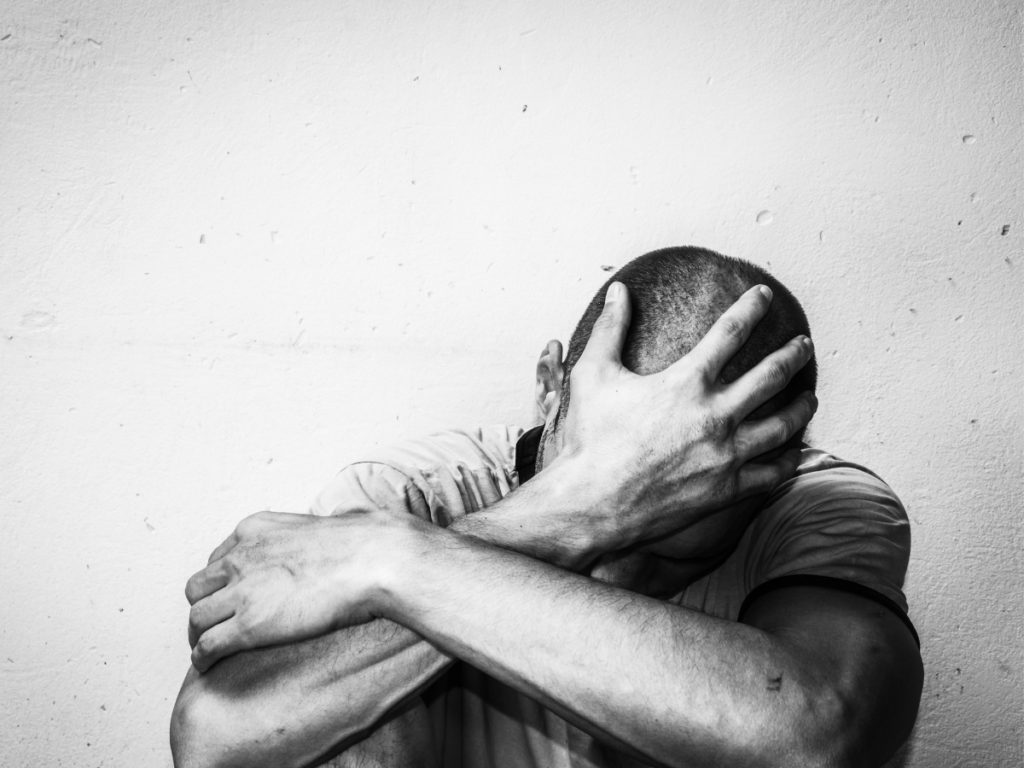
A construction accident can have a devastating impact on your life. You may be suffering serious injuries that require a long period of recovery, and if you have experienced a catastrophic injury, it might prevent you from ever returning to work. This will put a major strain on your life.
Construction injuries can be traumatic, involving falls, fires, explosions, or having a large object dropped on top of you. It’s perfectly natural to experience negative emotions after a construction accident, including fear, anxiety, confusion, sadness, and anger. But these accidents may also trigger long-term psychological injuries.
If you continue to experience uncomfortable physical and emotional symptoms after an accident, you may be suffering from a serious psychological ailment, such as generalized anxiety disorder (GAD), PTSD, or clinical depression.
Psychological injuries can degrade your mental health, impact your quality of life, and interfere with your ability to perform everyday tasks. You will want to consult with your doctor or healthcare provider as soon as possible if symptoms of a psychological disorder continue to persist after the accident.
Your New York personal injury attorney can help make sure you are getting the right diagnosis and treatment for physical and psychological injuries that result from a construction accident.
Generalized Anxiety Disorder
The trauma caused by a construction accident can alter the chemistry of your brain. The amygdala is the part of your brain that helps regulate motivational behaviors, and it plays a major role in processing behavior related to changes in your environment. The amygdala sends out distress signals, and some neurologists refer to it as the brain’s smoke detector.
After an accident, changes in the amygdala may cause a state of high arousal that triggers general anxiety disorder (GAD), which is a state of persistent worrying, restlessness, and anxiety. People suffering from GAD often feel a sense of impending danger. GAD may cause panic attacks, where sudden episodes of fear unleash severe physical reactions, such as dizziness, shortness of breath, and a racing heartbeat.
Without treatment, GAD can wreak havoc on your life. It causes the following symptoms:
- Tension
- Uneasiness
- Weakness
- Shaking
- Sweating
- Hyperventilation
- Increased heart rate
- Difficulty sleeping
- Heart palpitations
- Gastrointestinal problems
- A sense of impending danger
Post-Traumatic Stress Disorder (PTSD)
Post-traumatic stress disorder (PTSD) is another psychiatric disorder that may be brought on by severe stress or trauma. PTSD occurs in patients who have experienced or witnessed a traumatic event or set of circumstances, such as a construction accident.
We often associate PTSD with stress suffered by combat veterans, but it can also be caused by the body’s response to traumatic events such as an automobile crash or workplace accident. Like GAD, PTSD is related to structural changes in the amygdala.
People suffering from PTSD are likely to feel agitated, angry, or withdrawn. It causes patients to become suspicious and overly watchful of their environment. PTSD patients may experience flashbacks of the traumatic event. PTSD can cause episodes where patients are highly aroused, leading to irrational and violent behavior.
Symptoms of PTSD include:
- Severe anxiety
- Detachment
- Fear
- Fatigue
- Nightmares
- Mood swings
- Intrusive memories
- Disrupted sleep
- Confusion
- Memory loss
- Social isolation
- Obsessive behavior
- Sexual dysfunction
- Reduced interest in activities
- Thoughts of self-harm or suicide
- Avoidance of responsibility
Clinical Depression
It’s natural to be upset when something bad happens to you, such as a construction accident, but clinical depression is much more serious than feeling upset in the wake of an unfortunate event. Clinical depression is a medical condition that changes the way you think and feel due to malfunctioning neurotransmitters in the brain. When a person is clinically depressed, they withdraw from others, become fatigued, and suffer long-lasting feelings of hopelessness.
If you have experienced changes in your previous level of functioning after an accident and it lasts for more than two weeks, you will want to see a doctor right away. Symptoms of clinical depression include:
- Sadness and crying
- Lack of energy
- Guilt
- Denial
- Headaches
- Irritability
- Social withdrawal
- Digestion problems
- Loss of appetite
- Changes in sleeping patterns
- Increased drug and alcohol consumption
- Difficulty concentrating or making decisions
Were You Seriously Injured in a New York Construction Accident?
The experienced litigators at Wingate, Russotti, Shapiro, Moses & Halperin, LLP will help you get the money you need to cover your medical bills and expenses, such as reduced earning potential, loss of income, and occupational therapy.
Our New York firm has won over a billion dollars in lawsuits and settlements for our clients. The accomplished personal injury attorneys at WRSMH have been recognized by the Million Dollar Advocates Forum and Super Lawyers Magazine.
Call us at (212) 986-7353 to schedule a FREE consultation today.